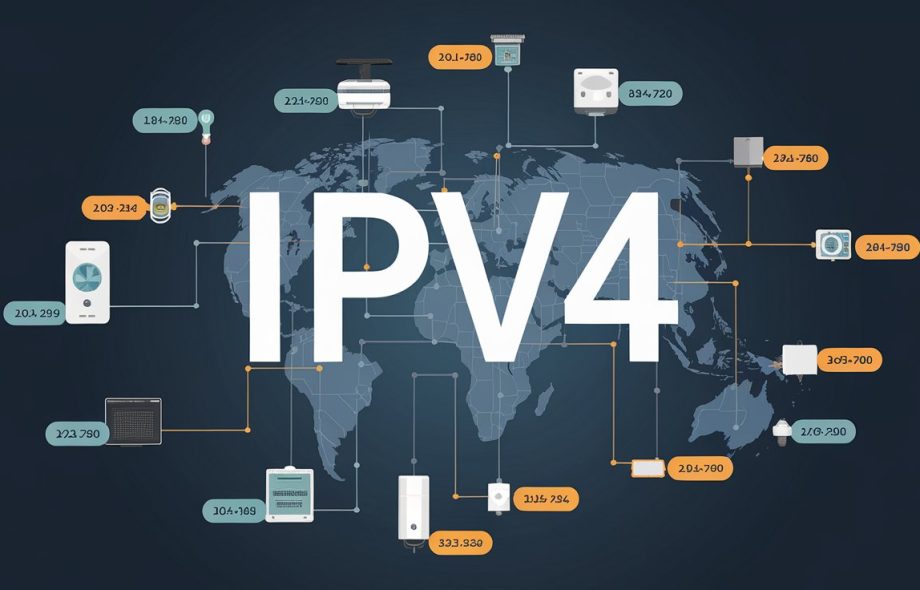In the era of digital transformation, the demand for IP addresses continues to surge. As IT infrastructures grow more complex, IT managers are faced with a critical question: should they buy IPv4 addresses or lease them? This guide explores both options to help you make informed decisions that align with your business’s goals, growth plans, and budget.
The Importance of Effective IP Administration
Before deciding whether to lease or buy, it’s essential to understand the significance of managing your IP resources efficiently. Proper Administration IP plays a vital role in ensuring smooth network operations, avoiding IP conflicts, and enhancing security. From subnet allocation to monitoring and auditing, IP administration tools and strategies help businesses maintain order across their networks.
When scaling your infrastructure, an organized IP address management (IPAM) plan supports better decision-making, reduces downtime, and improves troubleshooting.
IPv4 Leasing: Flexible and Scalable
Due to the exhaustion of IPv4 address availability, leasing has emerged as a practical and flexible solution for many businesses. IPv4 leasing allows companies to acquire address blocks for a specific time period without the heavy upfront costs associated with buying.
For IT managers handling temporary projects, cloud deployments, or uncertain growth patterns, leasing offers:
Cost efficiency: Avoid high capital investment.
Scalability: Easily adjust the number of IPs as your needs change.
Speed: Quick provisioning compared to the lengthy process of purchasing.
Moreover, many IPv4 leasing providers offer support services, easing the burden of setup and management.
Buying IPv4 Addresses: A Long-Term Investment
For companies with long-term plans and consistent IP needs, choosing to buy IPv4 addresses can be a strategic move. Ownership provides permanent access and full control, making it a valuable asset on your balance sheet.
Some of the key benefits of buying include:
Complete autonomy: You own the addresses and manage them as needed.
No recurring lease fees: Lower costs in the long run for stable use cases.
Asset value: IP addresses can appreciate over time due to scarcity.
However, buying requires thorough due diligence, Regional Internet Registry (RIR) compliance, and higher initial costs.
Lease or Buy? Which Should IT Managers Choose?
There’s no one-size-fits-all answer. Your decision should be based on your organization’s IP needs, budget, and future growth expectations.
Choose leasing if you’re expanding temporarily, need fast access, or want to minimize upfront costs.
Choose buying if your operations are stable, long-term, and you require complete control over IP resources.
Hybrid models are also becoming popular, where companies lease IPs for short-term needs and gradually acquire ownership for core infrastructure.
Final Thoughts
Efficient IP management is critical for the success of any IT department. Whether you decide to lease or buy IPv4 addresses, both options offer unique advantages. By leveraging strategic Administration IP practices and aligning them with your IP acquisition model, IT managers can ensure a stable and scalable network infrastructure.
Making the right choice today will empower your business to stay ahead in tomorrow’s competitive digital landscape.
 :
https://www.pinterest.com/pacificconnect22/
:
https://www.pinterest.com/pacificconnect22/

